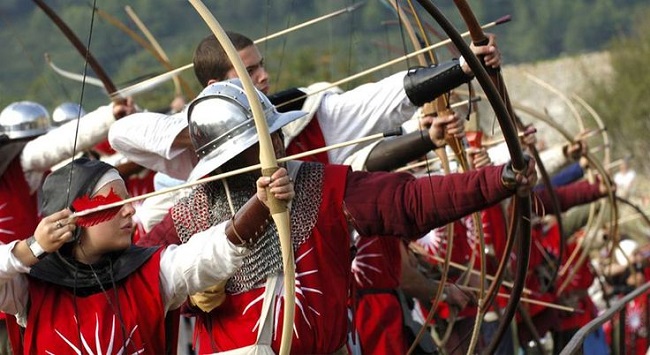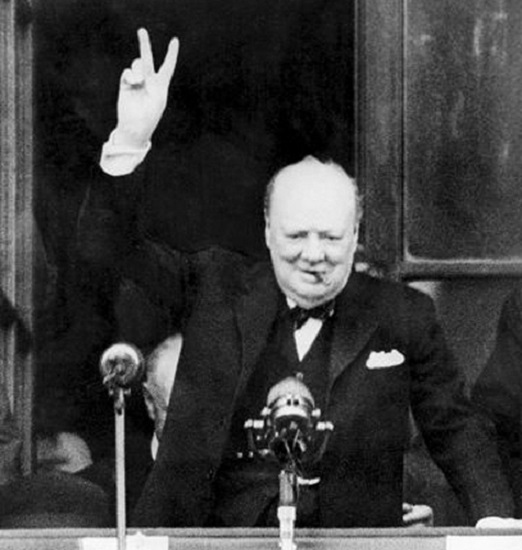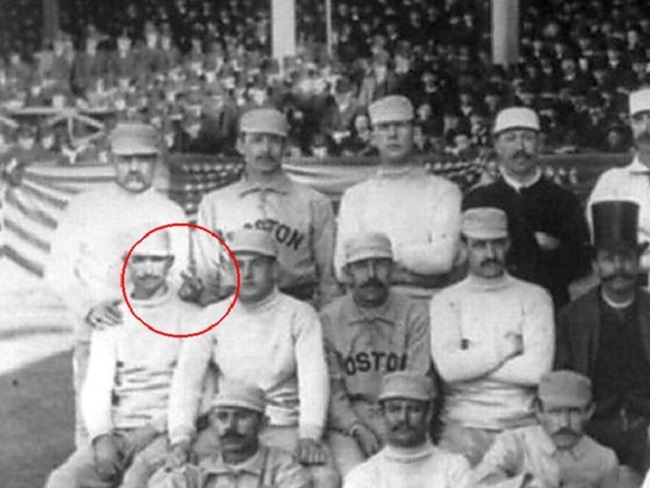Each time you’ve shown the middle finger to someone and given an up yours sign, have you ever wondered who did it first. Or even the thumbs up sign and V for victory. All these signs have interesting origins. Here are the origins of ten hand gestures.

Image Source: www.huffingtonpost.in
1The V for victory
Advertisement
Earlier, V for Victory meant a derogatory gesture until a Belgian politician began to request people to use the letter V for victory as a symbol of the resistance. In a BBC broadcast on January 1941, he explained how Vrijheid mean freedom in Dutch and Victoire meant victory in French
The V for victory sign signified by the first two fingers shaped in a V is generally used for peace or victory but it could also have different meanings depend on the country or culture. For example in Britain and commonwealth nations, The V was considered an offensive gesture that translated into “up your bum” while during the WWII it signified freedom.

Image Source: timesofisrael.com
Used by long bowmen
One legend stated that the V sign had its origins in a gesture made by longbowmen fighting in the 100 years war. When some of them were captured by the French, their index and middle finger were sliced off so that they could not operate a bow. The V sign was used by bowmen as a symbol of defiance although there is now factual source to corroborate the legend.

Image Source: www.pinterest.com
Made famous during World War II by Winston Churchill
For quite some time, the V signs with the back of the hand away from you was meant in the same context as the finger and meant “up yours”. But, because of the Belgian minister Victor de Laveelye, the sign soon turned into victory during the war. Perhaps the man who made it truly famous is Winston Churchill who without realizing it used it in the wrong context but soon began using it in the correct way to stand for victory.

Image Source: www.constantcontact.com
2The middle finger
Advertisement
In ancient Rome and Greece, people regarded the middle fingers a symbol of the man’s reproductive organ and the sign was a symbol to prevent an evil eye. It was also used as an insult to people
The middle finger is one of the most common gestures used by us on a common basis. Although we have attributed many colorful interpretations to it, the middle finger in various cultures signified contempt. In ancient times, the gesture was sometimes used as symbol of intercourse or as a symbol of threat. In the 1st century, Mediterranean cultures adopted the symbol with the other two fingers as a sign of the male organ and testicles. The practice was also used as a symbol to drive away evil spirits.

Image Source: www.storypick.com
First used in a baseball match
Anthropologist Desmond Morris says that the hand gesture could have reached the US through Italian Immigrants. The first photograph showing someone using the finger was in 1886 when the pitcher for Boston Beaneaters Baseball team showed the finger to rivals, the NY Giants. One early photograph shows a team member showing it to the cameraman.

Image Source: www.historybyzim.com